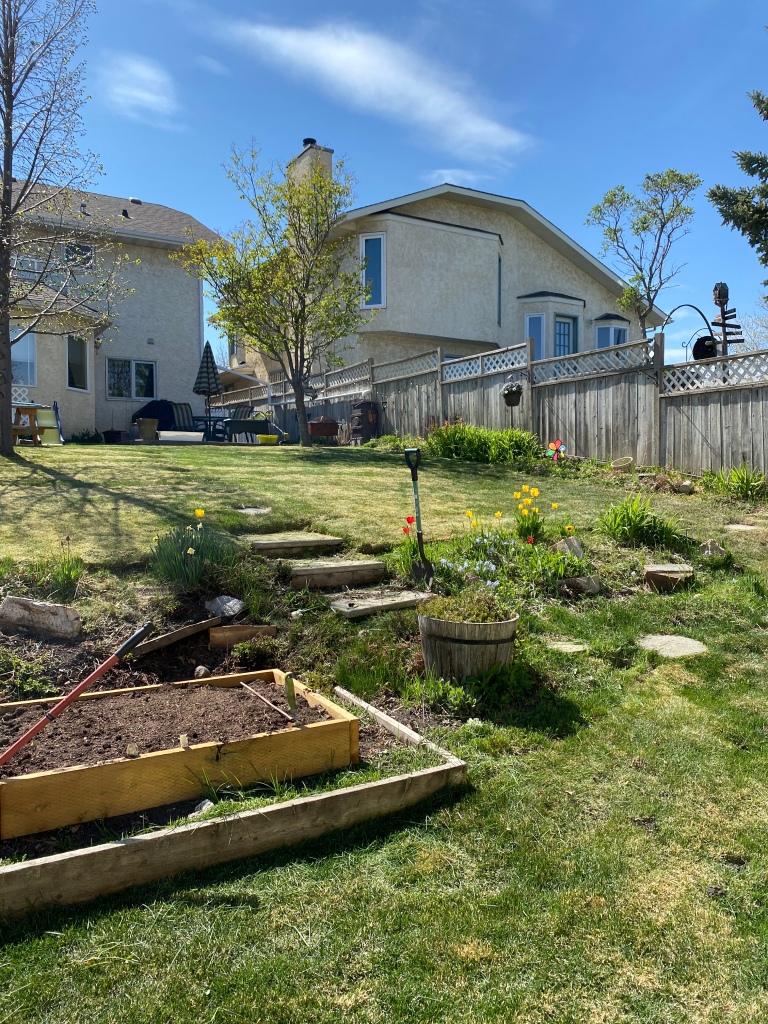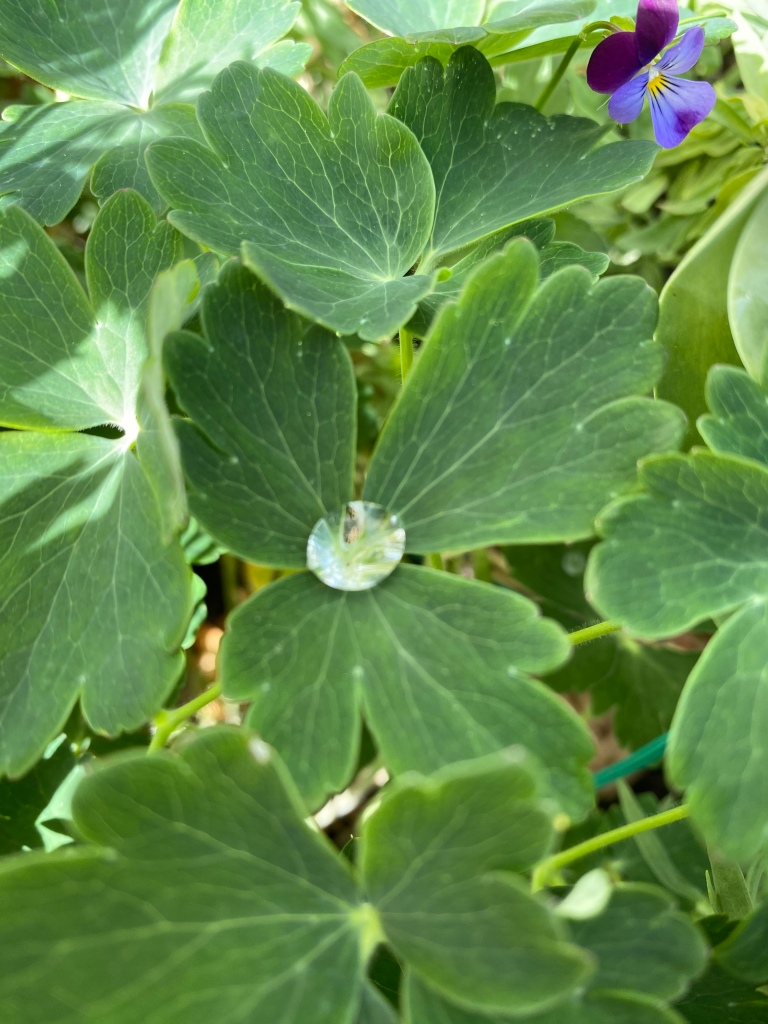In 1992 we had a year of rain in Bolivia. 12 months of it! Every trip out of town to any of the places where MCC had workers was going to be a challenge … often pretty much impossible. In the Berlin region, across the Rio Grande, there were 35 villages, resettled from the Highlands. People from the colder, drier altiplano learning how to farm in the much wetter tropical lowlands and, so low on the banks of the river, there was flooding that year. I was standing on what was dry land one day and then noticed … the water! Noiselessly creeping across the field towards me through the underbrush. It wasn’t even raining that day … just slowly rising water from a flooding river. I remember feeling a bit panicked for what would happen to the farmers because … it just kept coming.
So why am I thinking of that image today, in 2021? I carry Bolivia with me every day in one way or another, but this memory for me is bit of a metaphor about covid. A silent flow, sneaking in, almost unnoticed until … it’s there, taking up whatever space it can.
We are calendar people. Linear. Befores and afters. We have markers. Birthdays, baptisms, marriages, divorces. Graduations. Those are the biggies. More globally, well, the wars stand out. And the great depression. Just before Christmas 2019, we began hearing about covid. It was far away, so … not a big deal, right? But by March 20, Alberta was shutting down the province. That’s our marker date. And now, as the water recedes, and we come back from covid (are we?), it will follow us around for a while. Or maybe we are so sick of it all, we will pretend it never happened? Yesterday I checked out a popular park in Calgary. It has play structures, a pool area so big kids can get lost in it, lovely hills, lots of green. A gorgeous place but a little to my surprize, it was packed. People everywhere and not a mask in sight. Like a normal, pre-covid, hot summer day at the park.
A writer in a CBC interview talked last week about covid vocabulary. She had a covid word or more for pretty much every letter in the alphabet. Adjustment. Together. Corona. Covid. Distance. Epidemiology. Mask. Media. Pandemic. Safe. Social Distance. Vaccines. Virus. Polarization … it went on. Oh, and zoom! I think I’m tired of a lot of those words, for now at least, but a couple of other things about these last 16 months do stand out for me: first, how quickly (over 3 months) it occupied so much space. For more than a year we went to bed thinking about it and woke up worrying about what the day would bring to us … because well, it was everywhere! We developed a kind of universal language about it …so that it became for many of us, an anxiety inducing centerpiece in every conversation, zoom or facebook or masked. The media nurtured the anxiety with 24-hour ‘coverage’ and repetition, and there were weeks where apparently nothing else was going on in the world. Maybe all the ‘we’re in this together’ language helped a little, but we’ve been all over the place in how to avoid covid, survive it, and speculating about what it is. Together or not, covid became the ‘one thing’ and I’m very looking forward to when the weather or the Olympics will take center stage. History is full of major catastrophic events (WWI-9M, WWII-16M – one note says 60M, AIDS-22M, 1918 Flu-20M-40M) but I’m guessing that when the next calamity hits us, covid 19 will be the reference point.
The other thing about covid is the tensions it has created among us. Who would have thought that a mask or a vaccine would divide and polarize us. Billions around the world would give their little left finger to get a shot in the arm for covid, but in those same countries, as here in Canada, there are also many who, for one reason or another, won’t take the needle.
Someone in Bolivia told me the other day that even when there are vaccines available, many are not taking them. In a region where covid deaths are now 8 times per capita higher than what they are anywhere else in the world, including India. I asked a friend about this. ‘You tell me,’ he said. ‘I do not understand. I don’t even understand my own family about this.’
I keep meeting people who are not taking the vaccine. The responses vary. Friends of ours say they just prefer to not take foreign substances into their bodies. Others say we are messing with God’s will if we take the needle. Or ‘I don’t think I need it. My body will deal with the virus.’ Still others simply don’t trust government. ‘We have a 400-year history,’ one church leader said, ‘of government betrayals. Covid, these 16 or so months, followed by the worldwide push to vaccinate … has come at us with so much government that we just don’t trust it.’ Others say there’s a chip in the vaccine, which, implanted in our blood stream or tissue somehow will enable a tracking of all human beings. A mark of the beast or something comes to mind for them. Still others talk about Bill Gates who, said one person, has long been known to push for population control … so, a virus somehow let loose on the world by Bill Gates? In collusion with China? And somebody is now making a lot of money with the vaccines! Information has been so prolific and often so confusing that finding and connecting dots is bound to happen.
The world has lost over 4 million people. And it’s not over. But where things are opening up, will families come together where some are vaccinated and others not? Will churches? Mosques? Hindu temples? Communities? Teams? Astrophysicist Hakeem Muata Oluseyi spoke this morning (the Sunday Magazine) about his life growing up in difficult circumstances – including drug addiction – in Louisiana to what he does today. He wasn’t talking about covid, but he said … ‘we are built to survive.’ We are and we will, but the scars of covid, often unseen, will be with us for a while. We will be tested, I suspect, on whether we are serious about the together talk. And it may be helpful to sit or play together on green hillsides, patios, or backyards for a while, and not talk too much about covid.


